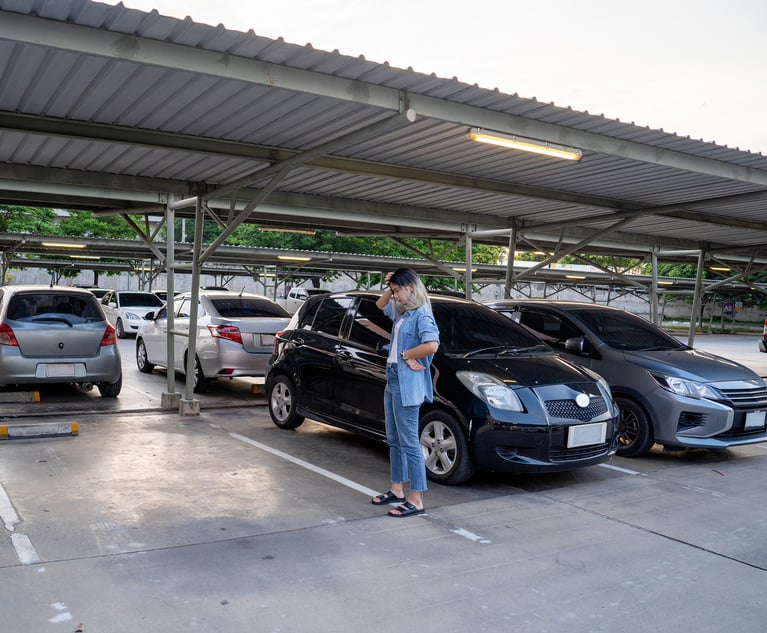A guidance to be issued by the Internal Revenue Service nextweek will require payment of an excise tax on property-casualtyinsurance premiums every time the money is ceded to foreigninsurers and reinsurers.
|However, to ease compliance, the agency said it will givecarriers that haven't complied with the law until Oct. 1 tovoluntarily file.
|Of greatest concern is that the new guidance will impose a 1percent excise tax on subsequent cedings, on top of the original 4percent tax, creating a "cascading" effect, according to industrylawyers and lobbyists.
|This will complicate recordkeeping and likely raise the cost ofinsurance to all U.S. customers, industry officials warned.
|The revenue ruling (2008-15) will be published in The FederalRegister on March 24. The guidance sets out the IRS position thatthe federal excise tax on insurance and reinsurance premiumsimposed by Sec. 4371 of the IRS Code of 1986 is indeed a so-called"cascading" tax.
|Bradley Kading, president and executive director of theAssociation of Bermuda Insurers and Reinsurers, called theinterpretation "a dramatic overreaching of the law." Warning thatthe impact will be far broader than on Bermuda insurance andreinsurance companies, he said the effect "will be to call intoquestion many reinsurance arrangements with reinsurers in the U.S.,Europe and Bermuda."
|Obviously, he added, "it will have a big effect on pricing,because you are theoretically adding multiple applications of theexcise tax, and it would be an enormously complex complianceproblem."
|Specifically, he explained, "any time there is U.S. businessthat is involved in retrocession," meaning reinsurance ofreinsurance, "you will have another application of the excisetax."
|The fee will be waived for foreign companies whose homecountries have tax treaties with the United States, according toBruce Wright, a partner at Dewey & LeBoeuf LLP, in New York,but virtually all the waivers are conditional, he said.
|In addition, the treaties require that the carrier located in atreaty nation agree to pay federal income tax on the cededpremiums, he noted.
|"Most of these treaties contain a 'qualified' federal excise taxwaiver. That is, such treaties waive the tax as long as the U.S.risks are not subsequently reinsured with an 'unprotected'reinsurer--i.e., one that is not entitled to the benefits of a U.S.income tax treaty with an excise tax waiver," Mr. Wright explainedin an alert to clients.
|He noted that the U.S.-United Kingdom treaty is unique in thatthe excise tax is waived as long as the insurance or reinsurancepolicy issued by a U.K. insurer or reinsurer covering U.S. risks isnot entered into as part of a "conduit arrangement."
|According to Mr. Wright's note to clients, Code section 4374places the liability for the federal excise tax on "any person whomakes, signs, issues, or sells any of the documents and instrumentssubject to the [excise tax], or for whose use or benefit the sameare made, signed, issued, or sold."
|For a U.S. payer of premium--whether it be a U.S. broker,policyholder, or insurer--to be relieved of any liability to paythe excise tax on premiums paid to a non-U.S. insurer or reinsurer,the IRS generally requires that the non-U.S. insurer or reinsurerobtain an excise tax closing agreement establishing its eligibilityfor a waiver pursuant to a U.S. income tax treaty.
Want to continue reading?
Become a Free PropertyCasualty360 Digital Reader
Your access to unlimited PropertyCasualty360 content isn’t changing.
Once you are an ALM digital member, you’ll receive:
- All PropertyCasualty360.com news coverage, best practices, and in-depth analysis.
- Educational webcasts, resources from industry leaders, and informative newsletters.
- Other award-winning websites including BenefitsPRO.com and ThinkAdvisor.com.
Already have an account? Sign In
© 2024 ALM Global, LLC, All Rights Reserved. Request academic re-use from www.copyright.com. All other uses, submit a request to [email protected]. For more information visit Asset & Logo Licensing.








